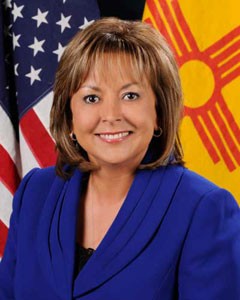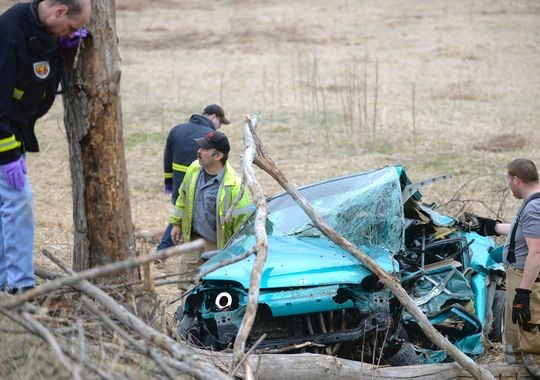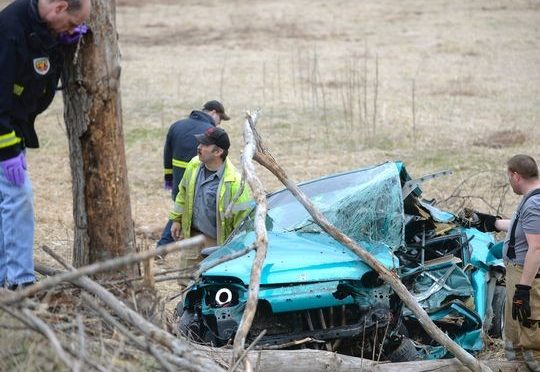On April 7, New Mexico Governor Susana Martinez vetoed a bill which would have made opioid addiction a qualifying condition for medical marijuana. Governor Martinez has consistency shown leadership in working to prevent drug addiction. Earlier this year, legislators in New Mexico wisely rejected a bill to legalize pot,.
Maryland legislators recently proposed using marijuana to treat heroin addiction. They removed the provision from the bill after researchers explained there’s no evidence that cannabis is effective in treating addiction.
The mass insanity surrounding cures from “medical” marijuana sometimes comes from the Press. As the number of newsprint subscribers dwindles, newspapers are looking to marijuana for new sources of advertising money. (The New York Times, Seattle Times, Los Angeles Times and Denver Post are pro-marijuana newspapers.) Another problem is that the marijuana industry’s paid lobbyists are pumping unscientific information to state legislators. Many of these lobbyists have advanced degrees in Social Policy, Law or Political Science, but not the biological sciences.
Marijuana , Opioid Addiction and Heroin
Tyler Martel, finally free of opioid addiction, was getting his life back on track when the state of Washington legalized marijuana. On December 5, 2012, marijuana became 100% legal for those ages 21 and over. A few days later, Martel refused to drink with his parents, but smoked marijuana before driving. His car crossed the center lane, and both he and his fiancé, also 27, died. Another man was badly injured in that crash. Martel died a victim of the “safer than alcohol” phrase that the marijuana lobby used to gain acceptance for legalization.
His death also demonstrates the public’s ignorance of marijuana as a dangerous drug. Brain science reveals a connection between marijuana and the opiate/heroin epidemic.
Dr. Mark Willenbring, an addictions psychiatrist, believes that alternative treatments are needed for pain, but not another drug of abuse. He doesn’t believe you can solve the problem of addiction with another drug of abuse. “The concept on its face is absurd,” he said. “It doesn’t work,” he said. “Like trying to cure alcoholism with Valium.”

Stop Denying the Potential Gateway Effect
Generally speaking, marijuana is already in the mix of drugs used by those who abuse opiates. Those who use heroin invariably are using other drugs, including marijuana. In fact, a group of parents in Massachusetts recently made a video tribute to 79 of their children who died from drugs. In all cases, the deceased sons and daughters had started their drug use with cannabis.
When Governor Chris Christie convened a panel on the drug epidemic at the White House last week, a mother, spoke. Pam Garozzo, whose son Carlos died from drugs in December, said her son had started smoking marijuana at age 15-1/2. For him it was a gateway drug, and he’d be the first to tell you. He died of heroin that had been laced with fentanyl–after being clean for 10 months.
Read Part 2 to learn how marijuana leads to opiates and heroin.





